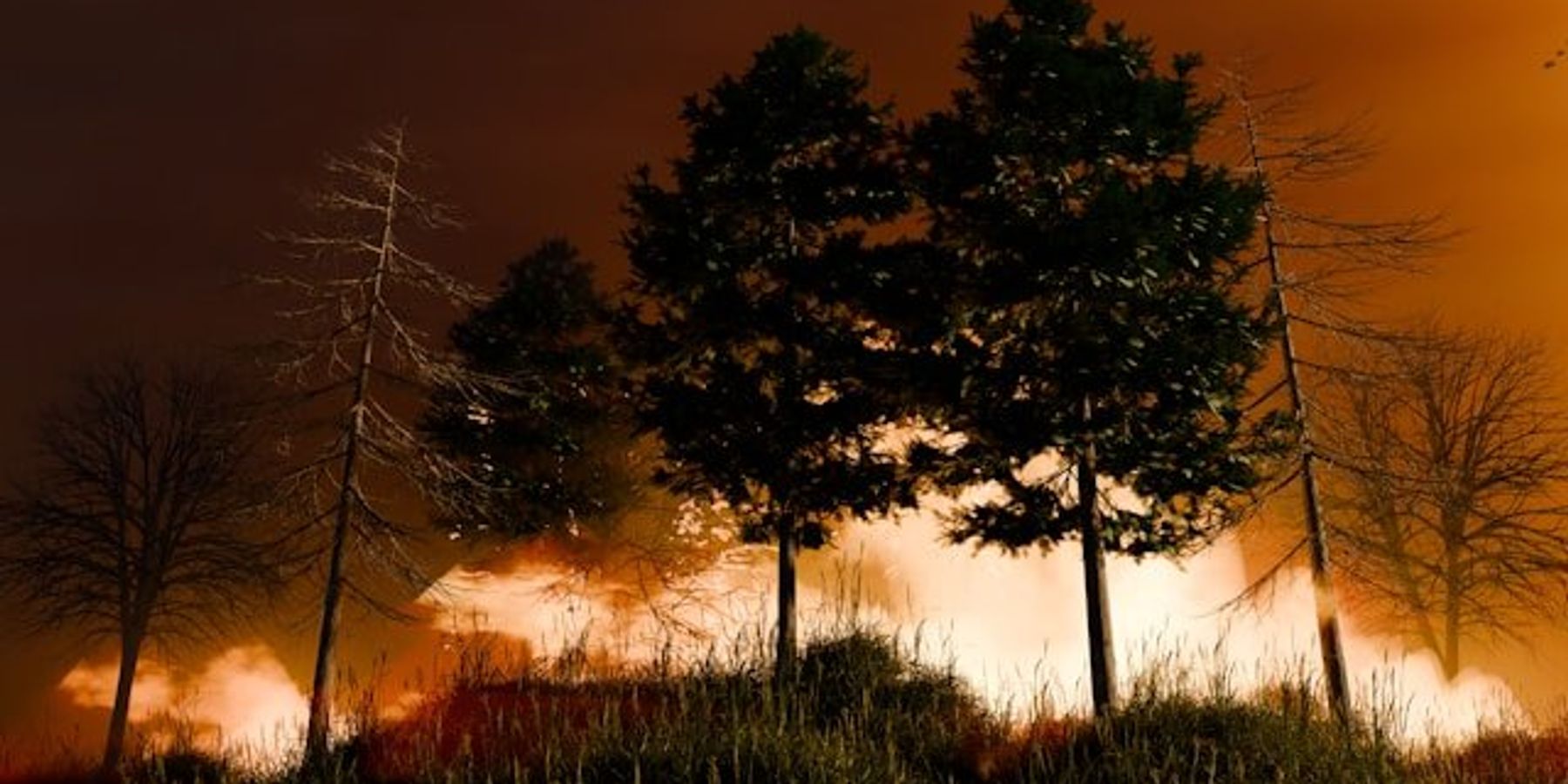
Spain and neighbors battle deadly wildfires as heat fuels Mediterranean crisis
A deadly wave of wildfires across Spain, Greece, and other Mediterranean countries has killed at least four people, forced mass evacuations, and prompted urgent calls for stronger climate adaptation measures.
Sam Jones and Helena Smith report for The Guardian.
In short:
- Spain is battling 14 active wildfires across seven regions, including one in Galicia that has burned over 11,500 hectares; two people have died and thousands have been evacuated.
- Greek authorities describe a "titanic battle" against fires fueled by gale-force winds and extreme heat, with evacuations from cities, islands, hospitals, and retirement homes underway.
- Portugal, Turkey, and Albania are also facing major fires, with fatalities reported and entire communities displaced or left without power and water.
Key quote:
"The fires are one of the parts of the impact of that climate change, which is why we have to do all we can when it comes to prevention."
— Sara Aagesen, Spain’s environment minister
Why this matters:
Southern Europe’s rising temperatures and recurring droughts have turned forests and farmland into tinderboxes. Mediterranean nations now face longer, more intense wildfire seasons that threaten human life, strain emergency services, and destroy homes, infrastructure, and cultural landmarks. As climate change accelerates, even small sparks — whether from lightning, arson, or machinery — can trigger uncontrollable infernos. These fires also contribute to poor air quality across the region, exposing millions to dangerous levels of smoke pollution. Meanwhile, the carbon emissions released during these fires further compound the global climate crisis, creating a vicious cycle that increasingly erodes environmental stability.
Read more: Hotter, drier climates prompt new strategies to shield forests from megafires













